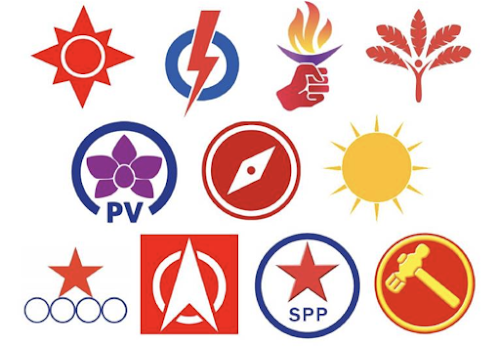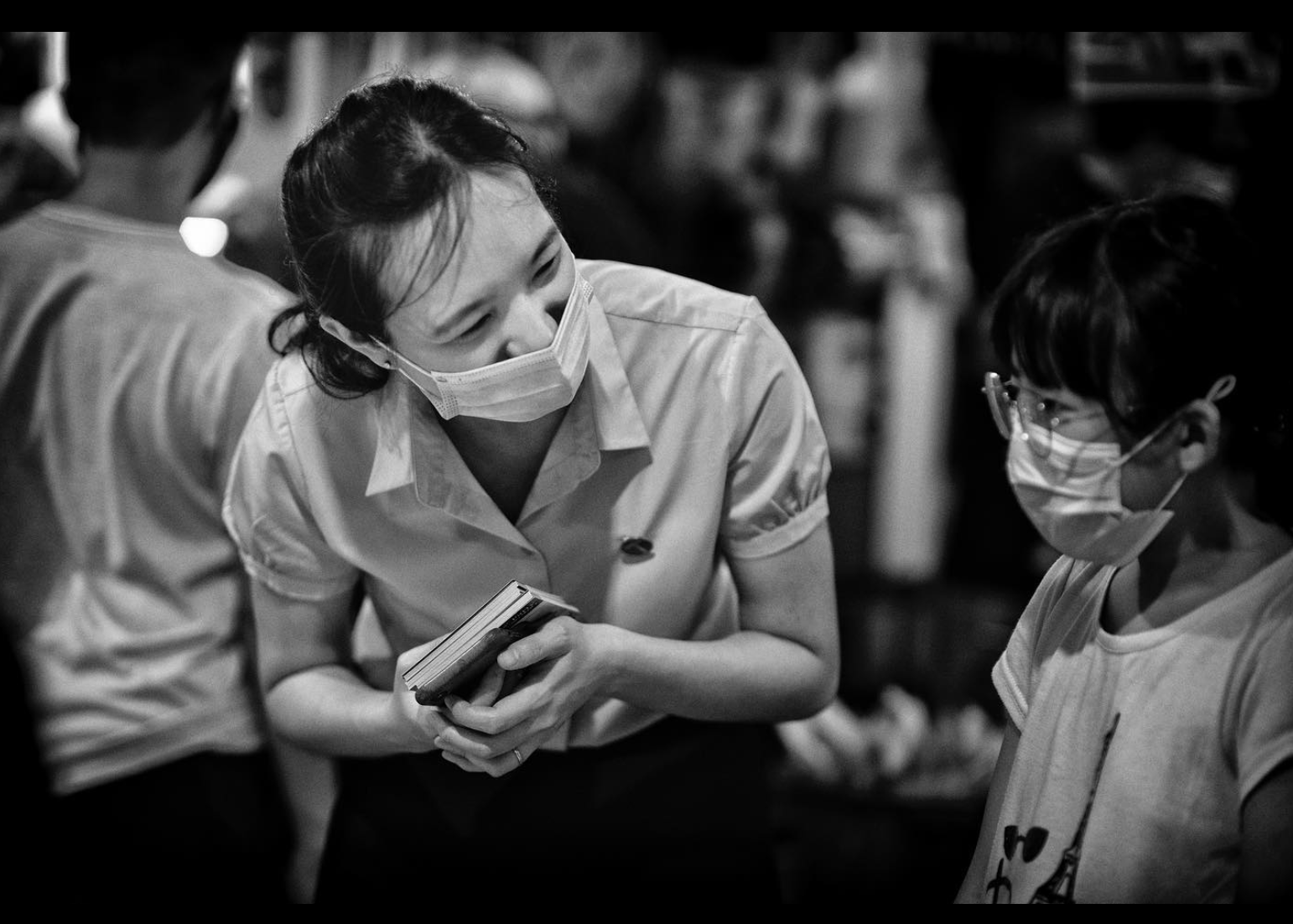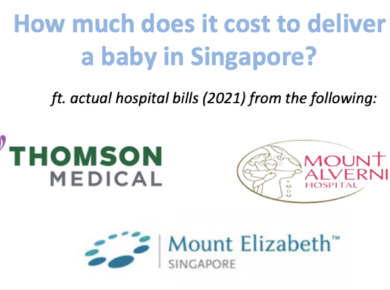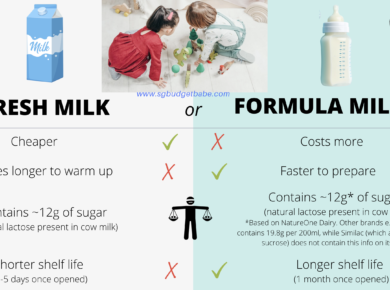PAP is the only party that has gotten their manifesto right (WP comes a close second). Many of the populist policies by the Opposition may sound good on paper, but at what cost will these come at?
It took me a while to read through the manifestos of the various parties for this General Elections, and the populist rhetoric that was raised in many of the manifestos got me shaking my head in disagreement once more. I first wrote about this in 2015 here, and unfortunately, much of it still remains relevant today.
Populist policies may sound great in the short term, but come at a cost in the long run. Many parties called for greater social welfare and payouts alongside lower taxes, but I don’t see how they plan to raise the money needed to accomplish it all. (If I missed it, please enlighten me. My eyes are blurry from reading so many words).
PAP’s slogan is summed up in: Our Jobs, Our People, Our Future.
And much of their focus is on jobs, which I’d argue is spot on.
Like what I’ve always emphasized on this blog, financial security = income – expenses – high-interest debt + insurance + investments.
The first in that equation is and will always be income.
Without jobs, there’ll be no income to speak of.
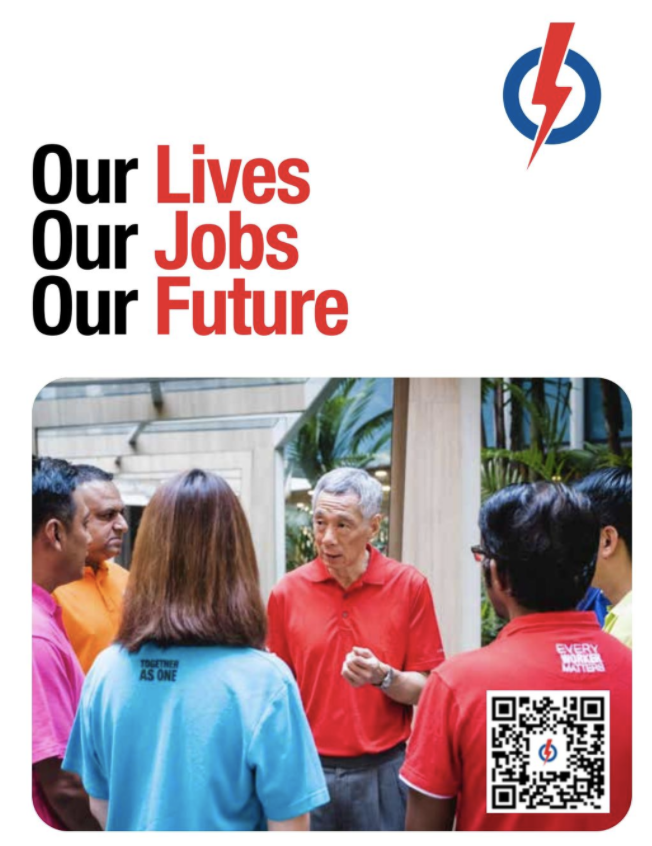
I didn’t see concrete proposals from any of the Opposition parties on how we can solve this (except for WP and RDU, but even their ideas sound somewhat similar to what the PAP is already doing), and I think that’s a big problem. PSP’s suggestions on this front are much easier said than done (Singaporeans should get priority, curb foreign labour…). The fact is, most companies tend to hire the best person for the job at the lowest cost. To force a company to hire a Singaporean over a foreign worker will only backfire – unless the Singaporean is much more capable and at the same (if not lower) cost. But yet, we continue to demand higher wages while remaining stagnant. You may think the PAP is starting to sound like a broken recorder when they keep emphasizing the need to “upgrade and upskill” ourselves, but that’s really the best way we can remain competitive.
We need to make ourselves attractive as a worker to companies, and not expect to be hired (over that foreigner) just because our government says so.
Also, I’m a tad disappointed that none of the Opposition parties (save for WP) have proposed any policy ideas on dealing with the fallout from Covid-19.
Jobs and labour concerns aside, there’s been a lot of great commentary that has sprung up during this GE, and I thought I’ll just share my take on some of these arguments here:
Argument 1: Give us more welfare perks and handouts!
It is always easy to push forward ideas that call for greater welfare handouts. The people love it, and so do I.
But the question is, who (or what) will fund these payouts? It is tough enough balancing the National Budget (I don’t envy Minister Heng for having to helm that job), and the last thing you need are Opposition folks in Parliament calling for more, more, more while telling you to tax less, less and less.
I quite like the idea of retrenchment insurance raised by the Workers’ Party. (In fact, a local startup, Bandboo, tried to pull this off in 2017 but failed.) If the government can find a way to make it work, that’s great, and I hope that the PAP will seriously consider Sylvia Lim’s suggestions. (Check out how fast Josephine Teo shoots Sylvia Lim down on this matter though.)
But then you have folks like the SDP who go so far as to propose that the government should pay retrenched workers 50% of their last-drawn salary for 18 months. That…really took the cake.
They also propose cutting taxes at the same time, and I fail to see where their funding will come from. Print more money? Money drop from the sky? Dip into our reserves?
I may have missed it, but I don’t see how the Opposition plans to raise money to execute all their ideals for social welfare handouts. So I’ll take it all with a pinch of salt.
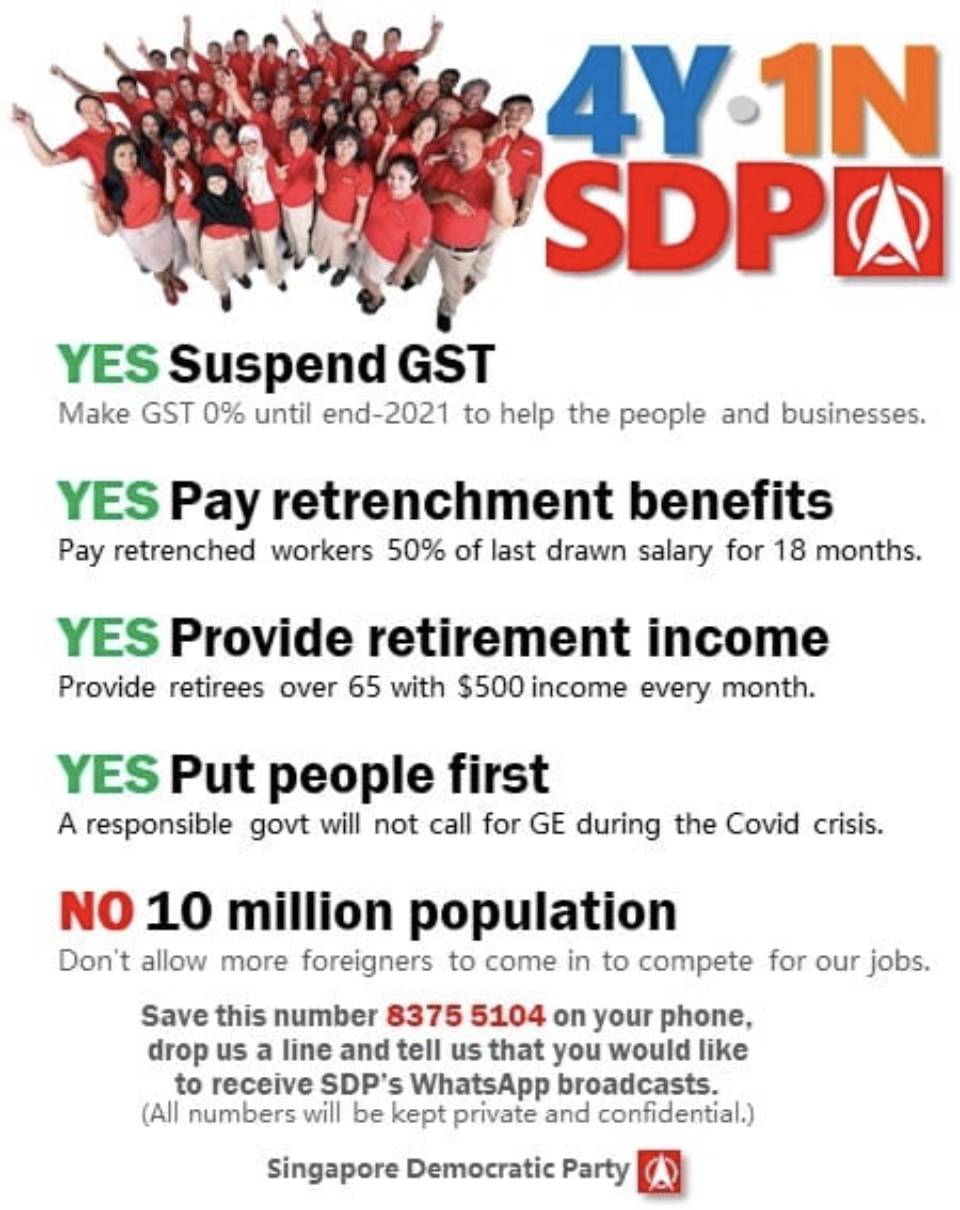
Argument 2: Vote not based on best candidate, but for the best outcome! Vote the Opposition!
Last week, Joel Goh wrote a lengthy Facebook note explaining why one should vote not for the best candidate, but for the best outcome. It raised several logical points, including how the GRC system is often touted by the Opposition as unfairly favouring the PAP because at least one important Minister is fielded in every GRC, thereby ensuring that voters never have a “real choice” because citizens will always end up voting for the PAP for the sake of the Important Minister in their GRC. (Can someone please tell me why the post has since been taken down though?)
I was nodding my head when I first read it, but after mulling over his arguments for several days, I have to say I disagree.
Much like how Singaporeans got riled up over voting someone like Ivan Lim into power, the same standards should be applied to candidates of the Opposition.
Don’t like Ivan Lim riding into Parliament on the wings of Tharman? Then you shouldn’t be voting that Opposition Candidate in your ward either – if he/she doesn’t prove himself/herself to be credible and effective enough for you.
You SHOULD vote for the best candidate. And if Opposition Parties fail to field attractive candidates for elections, then that’s their problem. We’ll vote them in when they give us good ones.
In fact, I would even go so far as to argue that the calibre of Opposition candidates have greatly improved this time round. Previously, I was only impressed with Leon Perera and Paul Tambyah, but this time, there are more Opposition candidates that I actually really like and would love to see them in Parliament. Check out my (biased) list below.
Argument 3: We need to deny PAP a blank cheque.
I really liked this soundbite by Jamus Lim, who is (without doubt) the WP’s star candidate of this year. My dear GP students, you guys really need to pay attention to how this guy debates and learn from him!
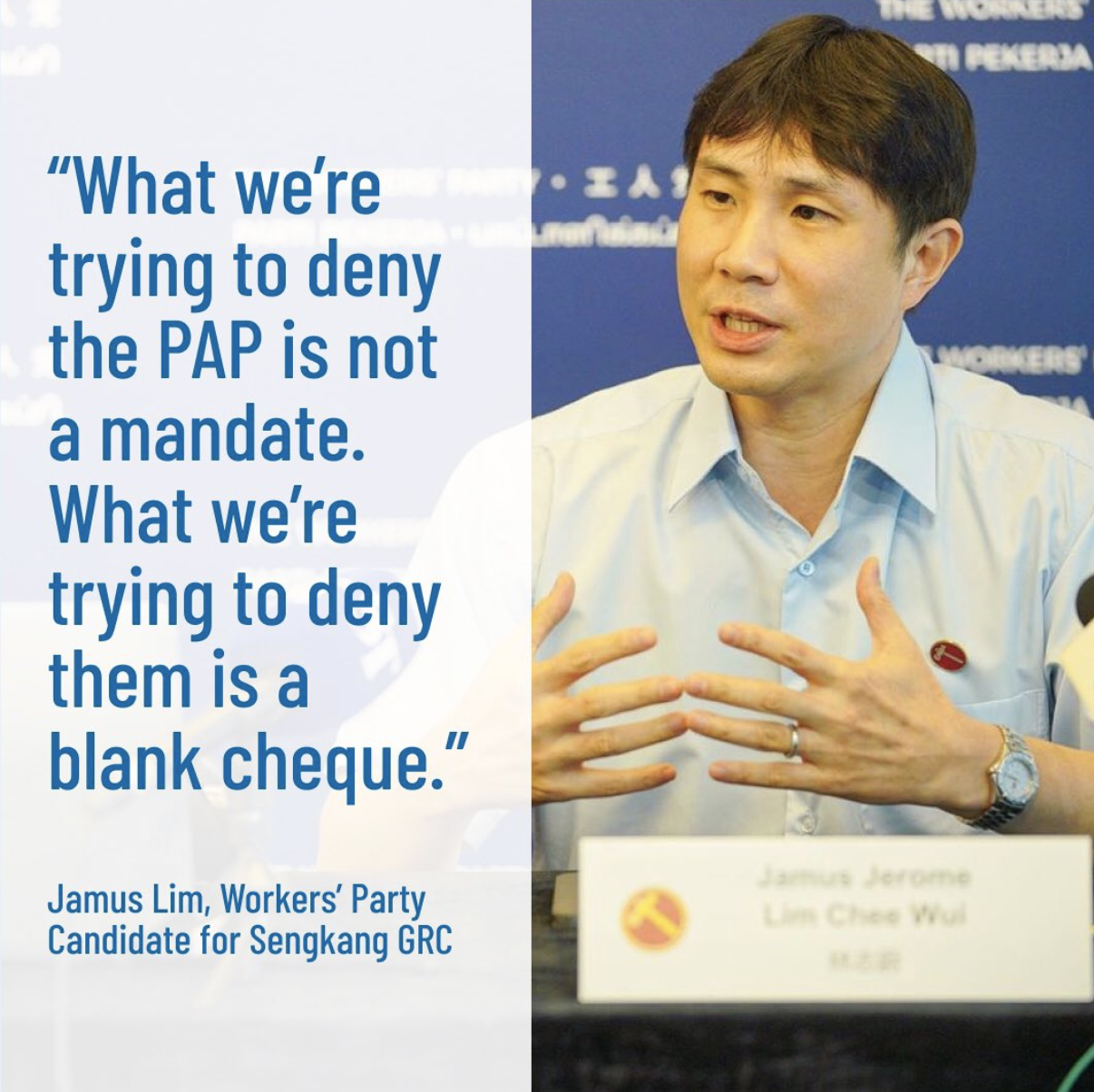
But as catchy as it is, I’d argue that you don’t necessarily need to vote the Opposition in just for the sake of achieving more diverse voices in Parliament who are not under the PAP’s party whip. Voting the Opposition for the sake of having opposing voices is frankly, a weak premise. We need strong voices in Parliament, and not just opposing ones.
It is easy to complain, but takes far more effort to raise logical and sound solutions to the problem. So I urge you to read through the manifestos of the parties who are contesting in your ward, and think about who offers a better solution to the problems we face today.
Also, let’s not underestimate the power of the Internet and social media, which gives power to citizen voices. You may not be able to do it in Parliament, but you can most certainly do it online today, and if your cause gets enough traction, it can still achieve results. Just take a look at how a viral post recently led MSF to investigate a therapist for child abuse, and the case of Ivangate resigning from GE candidacy after multiple online allegations against him.
Social media was never this powerful at any point in history, and is going to be a strong force in the coming years for citizens to make their voices heard.
If you’re voting the Opposition candidate just so they can raise your grievances in Parliament for you, then you might as well raise it online yourself. Oh, and don’t forget to tag your Minister(s) while you’re at it – the more ministers you can tag, the better!
Argument 4: I didn’t see my MP, so I’m not going to vote for him.
I hear this quite often, but the problem is that MP elects are seldom fielded in the constituencies that they ultimately end up running in. Dr. Koh Poh did significant work in Ang Mo Kio and became a familiar face to the residents there over the past 5 years, but got sent to Tampines to contest in GE2020. DPM Heng Swee Keat suddenly got pushed to East Coast at the last minute, leading to the infamous “East Coast Plan” gaffe.
Not every constituency gets a dedicated minister like Heng Chee How, who has been serving Jalan Besar for the last 19 years (since 2001) since he entered politics…and is still contesting in the same ward this time. I’ve no doubt he (and his team) will win again this year.
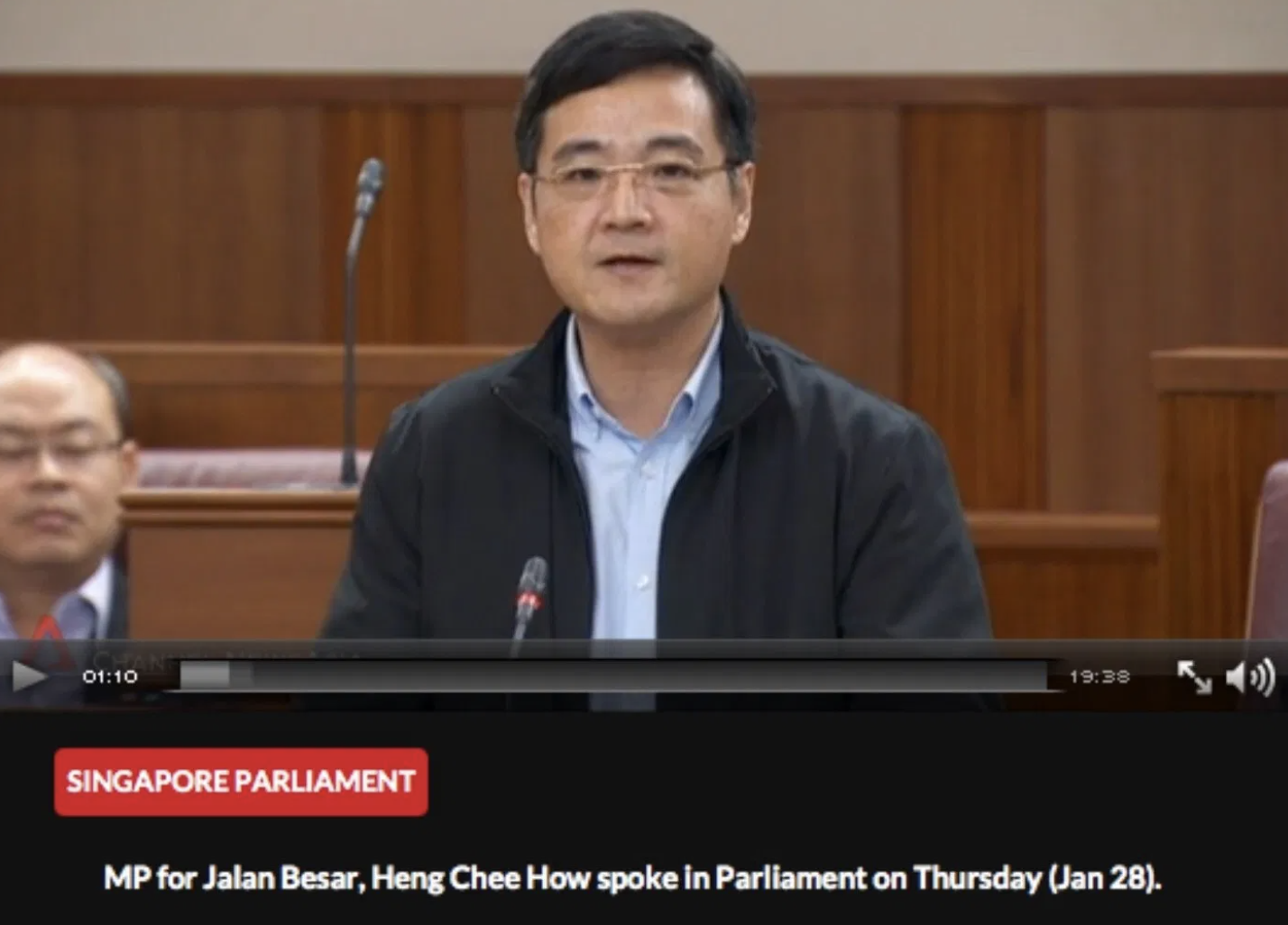
Argument 5: Voting Nicole Seah in East Coast will lead to the ousting of DPM Heng / Voting the Opposition will lead to a loss of a Minister.
My friends living in East Coast friends are pretty torn between Nicole Seah and Heng Swee Keat. While I don’t think DPM Heng will be voted out, I’d also argue that voters swing towards WP this time, he can still be brought back through other means (such as a by-election).
But if people vote out Nicole Seah, they’ll be losing someone who actually understands the ground sentiment pretty well – perhaps even more so than many other ministers. If you haven’t already heard her speech, check it out here.
No wonder East Coast folks are torn.
There’s an interesting argument here that East Coast residents now have an opportunity to influence the choice for Singapore’s next Prime Minister – I’d love to see Tharman as our next Prime Minister, and really don’t see why we can’t have him. DPM Heng might be part of the 4G leadership, but Tharman is only 4 years older – so why not?!? 🙁
And for non-East Coast residents, if you’re worried about voting the Opposition because it means losing an existing PAP minister, fear not.
Our political leadership is strong enough to have another candidate take his/her place. No Minister is irreplaceable. Remember how Singapore lost George Yeo in 2011? Did we survive after that? Yes.
So don’t let that be the premise on which you make your vote.
Closing Thoughts: A Stronger Opposition for Singapore
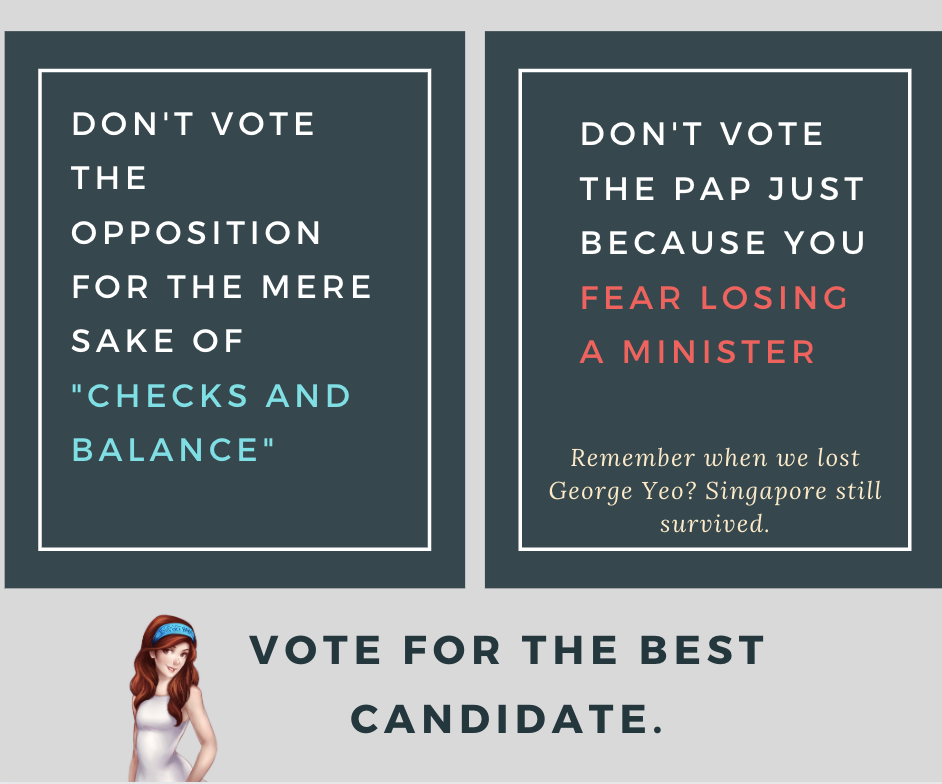
For all that’s worth, I’m incredibly impressed by the quality of the Opposition candidates this time round, and there are a few names I hope will actually be voted in to form a part of our next government:
- Pritam Singh (Aljunied) – his measured response as a leader to Raeesah’s fiasco was truly impressive, very much unlike the PAP’s response to Ivangate!
- Leon Perera (Aljunied)
- Gerald Giam (Aljunied)
- Nicole Seah (East Coast)
- Jamus Lim (Seng Kang)
- Paul Tambayah (Bukit Panjang)
- Tan Cheng Bock (West Coast) – I admire his guts to have voted against his own party in Parliament, and was frankly quite disappointed that he denied a chance to run for President in 2017.
It isn’t easy standing with the Opposition, and you have to admit that the fight is much harder for them than it is for the PAP. So to the Opposition: whether or not you get elected this time round, I hope you never stop serving Singapore in your own communities.
And of course, may the best Opposition candidates win.
I truly appreciate what the PAP has done for Singapore (read this and this), and have no doubt that they will once again retain power to lead our country out of the impending storm. However, the state of gutter politics and character assassinations have not been lost on me.
Look out for Part 2, where I break down where I feel the PAP could have done better.
With love from a fellow Singaporean,
Budget Babe
